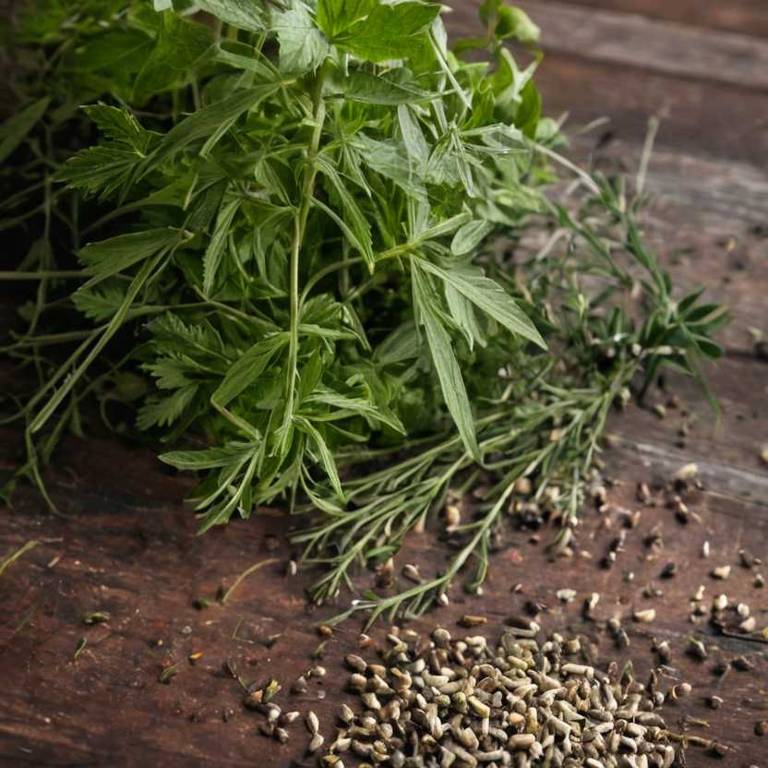Cornus Canadensis: What To Know Before Using It For Medicinal Purposes

Cornus canadensis, commonly known as bunchberry, has been used for medicinal purposes by Indigenous peoples for centuries.
The plant contains compounds such as flavonoids and tannins, which may contribute to its traditional use in treating ailments like colds, coughs, and skin irritations. Some studies suggest that extracts from Cornus canadensis may possess anti-inflammatory and antimicrobial properties, supporting its historical use in herbal medicine. However, more scientific research is needed to fully understand its therapeutic potential and confirm its efficacy in modern medicine.
Despite its traditional significance, caution is advised when using this plant, as its medicinal properties have not been extensively validated in clinical trials.
Health Benefits
Cornus canadensis has several health benefits, such as its high antioxidant content, which helps combat oxidative stress and supports immune function.
The plant contains compounds like flavonoids and tannins that may reduce inflammation and promote overall wellness. It has been traditionally used in herbal medicine to aid digestion and alleviate symptoms of gastrointestinal disorders. Additionally, its ability to support liver function makes it valuable in detoxification processes.
Overall, Cornus canadensis offers a range of potential health advantages when used appropriately.
10 Best Health Beneift of Cornus canadensis
Bioactive Constituents
Cornus canadensis has several bioactive constituents, such as flavonoids, phenolic acids, and tannins, which contribute to its medicinal value.
These compounds exhibit antioxidant properties that help neutralize free radicals and reduce oxidative stress in the body. Additionally, the plant contains iridoids and triterpenoids, which have been shown to possess anti-inflammatory and immunomodulatory effects. The presence of these bioactive compounds makes Cornus canadensis a promising candidate for the development of natural therapies for various health conditions.
Its traditional use in herbal medicine is supported by modern scientific research into its pharmacological potential.
Medicinal Preparations
Cornus canadensis has several medicinal preparations, such as teas, tinctures, and poultices, that have been traditionally used by Indigenous peoples for their healing properties.
The dried roots and leaves are often steeped in hot water to make a soothing tea believed to aid in reducing inflammation and treating urinary tract infections. Tinctures made from the plant’s roots are sometimes used to support kidney function and alleviate symptoms of arthritis. Poultices prepared from the fresh leaves can be applied topically to soothe skin irritations and reduce swelling.
These preparations highlight the plant’s historical significance in traditional medicine and its continued use in herbal remedies today.
Side Effects
Cornus canadensis can have some side effects, such as gastrointestinal discomfort, including nausea, vomiting, and diarrhea, especially when consumed in large quantities.
It may also cause skin irritation or allergic reactions in individuals sensitive to plants in the Cornaceae family. Prolonged use or excessive intake might lead to liver or kidney damage due to its high concentration of bioactive compounds. Additionally, some studies suggest that it may interact with certain medications, potentially reducing their effectiveness or increasing the risk of side effects.
As with any herbal remedy, it is advisable to consult a healthcare professional before use, particularly for those with pre-existing health conditions.